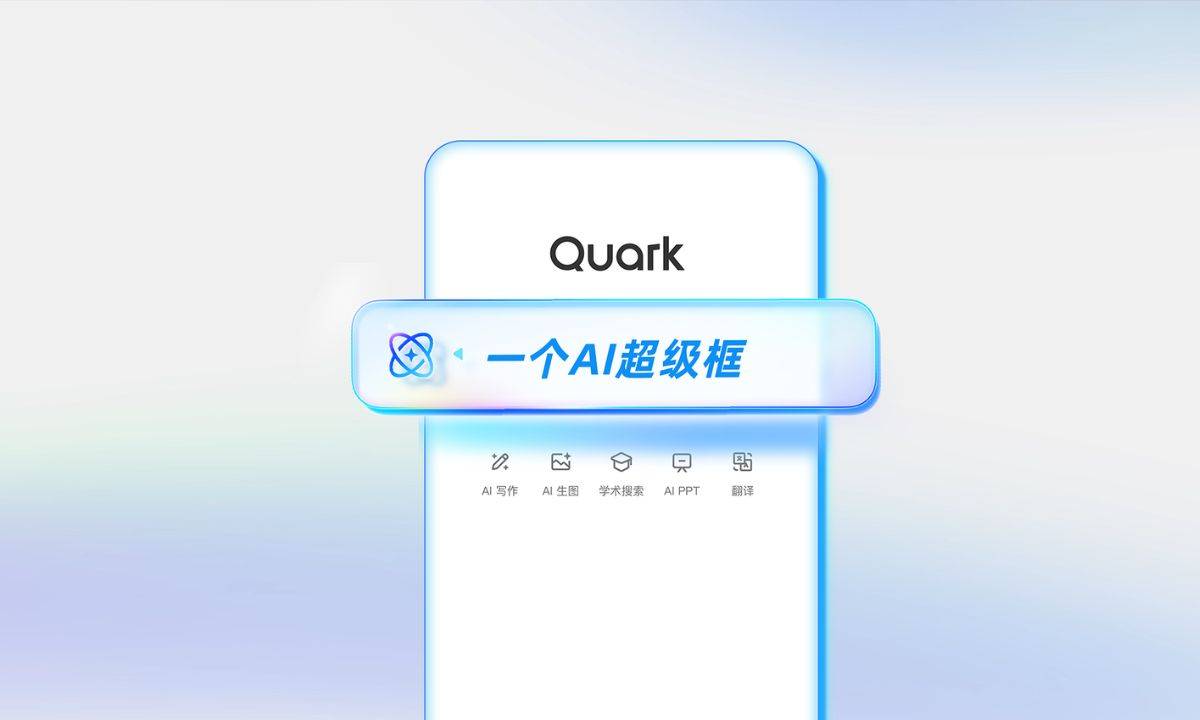
AliCloud, Alibaba Group’s cloud-computing arm, has opened a new data center in China that the company says is among the most energy efficient in the world, thanks to a number of innovative technologies that reduce the facility’s demands on the electrical grid.
Located in Zhejiang Province, the data center uses solar panels, smart heating and cooling systems, and water from nearby Qiandao Lake to help keep thousands of computer servers operating at optimal temperatures, according to AliCloud Cloud Computing (formerly known as Aliyun).
With the growth of cloud computing worldwide, construction of data centers have sometimes attracted criticism in the West due to their heavy use of electricity. To keep servers running cool, conventional facilities use large, energy hungry air conditioners, called chillers, that are a major reason data centers can be a drain on the grid.
AliCloud’sQiandao Lake Data Center incorporates an alternative solution called “free cooling” for energy and cost savings. Free cooling works by tapping the surrounding environment to reduce power demands. In this case, AliCloud developed a system—the first of its kind in China—that draws water from Qiandao Lake, runs it through evaporative coolers at the center, then discharges it into an existing 2.5-km canal for use in nearby Qingxi New Town and eventual return to the lake. Pumped from thedeepsof Qiandao Lake, the average temperatureof incoming water is 12-16 degrees Celsius year-round.
AliCloud estimates that the on-demand system, which employs real-time monitoring of server power consumption and operating temperatures to maximize energy savings, relies on lake water for cooling more than 90 percent of the time, cutting 80 percent of energy costs compared with the use of chillers alone. AliCloud says in the future, warm water discharged from the data centermay even be used to help heat homes and businesses in Qingxi New Town.
In addition to free cooling, the Qiandao Lake center uses other green technologies including solar panels and a small on-site hydropower plant to generate electricity. Heat thrown off by servers is recirculated to warm office areas.
According to AliCloud, the center is among the world’s most efficient when stacked up against an industry metric called the Power Usage Effectiveness (PUE) ratio. A PUE of 2.0 means that for every watt of power used by computing equipment at a data center, another watt is used to cool and distribute power to the equipment. The closer PUE is to the ideal of 1.0, the better: a PUE of 1.0 means nearly all of the energy is used for computing. Alicloud says its center is designed to achieve an annual average (PUE) ratio below 1.3.
Alibaba Group Technology Committee Chairman Wang Jian said that because “electricity has become a scarce energy,” the company when scouting locations for new centers takes into account the availability of “green energy in nature that can be capitalized.” For example, Wang said, “We are building another data center in Zhangbei, Hebei Province, that will leverage solar and wind energy.”
AliCloud said the Qiandao Lake center incorporates other advanced technologies that allow the company to deliver services to customers faster and more efficiently. For example, a proprietary data-storage system called AliFlash is based on disk drives that are 70% faster and up to 10 times more productive than systems available in the market today, the company says. The center also packs 30% more servers in a given space compared to a traditional data center, further improving efficiency.
Wang said AliCloud’s advanced data-center development work “complements our focus in other scientific disciplines.” AliCloud is researching artificial intelligence and recently set up a quantum computing laboratory in Shanghai with the Chinese Academy of Sciences. “We will continue to push the envelope on scientific discovery and applied science, accelerating the pace of innovation in China and around the world,” Wang said in a statement.
The Qiandao Lake Data Center is AliCloud’s eighth, including centers in Beijing, Hangzhou, Qingdao, Shenzhen, Hong Kong and Silicon Valley. A Singapore facility is scheduled to open within a month.




